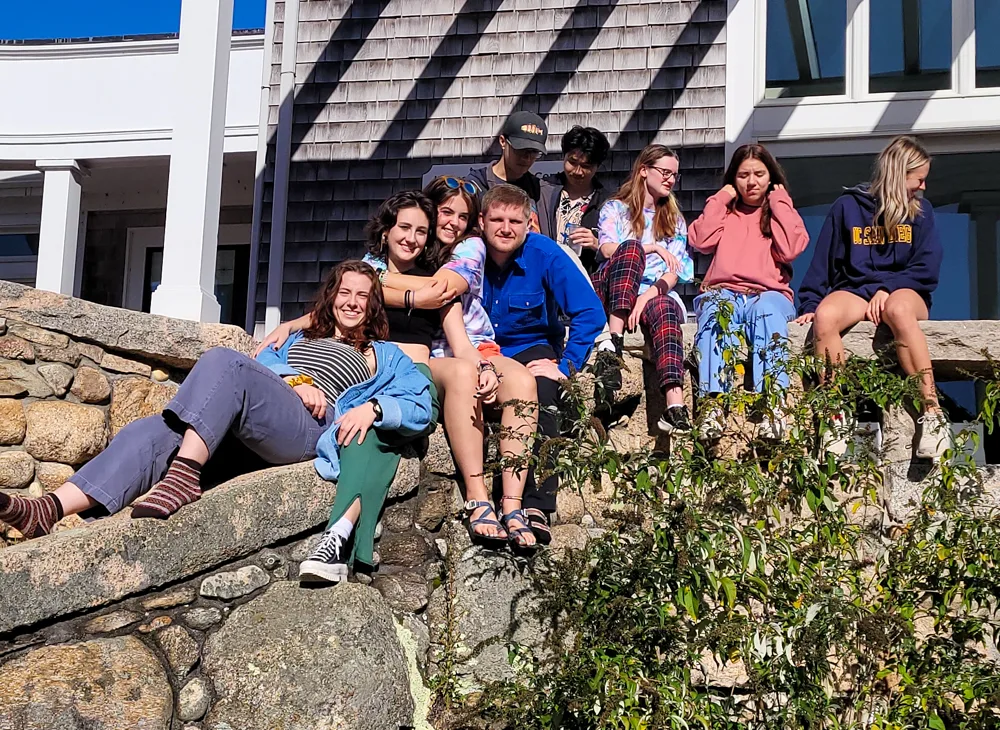News
Students Conduct Field Research on Health of Coral Reefs

Coral reefs are vital ocean ecosystems, yet they face many threats caused by human excess. This fall, students enrolled in Caribbean Reef Expedition, a study abroad program offered by Sea Education Association (SEA), are sailing on an ocean research voyage to study first-hand the human impacts on Caribbean reef ecosystems.
The students, selected from colleges and universities around the country, will conduct snorkel-based field research while sailing a tall ship ocean research vessel, and examine how local and international organizations, communities, and businesses are working to protect, conserve, and sustainably manage these vital ecosystems.
Healthy reefs are not only critical for a healthy ocean, but also for thriving, successful island communities. Nowhere is this truer than in the Caribbean. Throughout history, coral reefs and their intricately linked ecosystems have protected islands from eroding and provided food resources for growing human populations. Coral reefs attract tourists and drive economic development and force us to take pause and marvel at their natural beauty and abundance. But overfishing, reduced water quality, physical disturbance, invasive species, and rising temperatures and lower pH due to climate change all threaten the health of reef ecosystems and reduce their ability to provide the important ecological benefits that the Caribbean people have come to rely upon.
The students arrived in early October at SEA’s campus in the oceanographic research community of Woods Hole for about six weeks of on-shore preparatory coursework. With full access to SEA faculty, guest lecturers, and other world-renowned scientific institutions within the village of Woods Hole, students designed original research projects to be completed at sea. The shore component continued with ten additional days at a field station in St. Croix, U.S. Virgin Islands.
After boarding the SSV Corwith Cramer, SEA’s state-of-the-art 134-foot brigantine, in St. Croix, the students set sail on Nov. 24th. The ship will serve as their home, classroom, and laboratory for the next four weeks. All students become full working members of the ship’s crew, sharing responsibilities for standing watch, processing oceanographic samples, navigating by the stars, and participating in round-the-clock operations. Perhaps most importantly, students will learn to challenge themselves and will cultivate new skills in leadership, teamwork, and field research.
Track the voyage on the SEA Currents blog through Dec. 22.
About Sea Education Association
Sea Education Association (SEA) is an internationally recognized leader in undergraduate ocean education. For 50 years and more than one million nautical miles sailed, SEA has educated students about the world’s oceans through its Boston University accredited study abroad program, SEA is based on Cape Cod in the oceanographic research community of Woods Hole, Massachusetts and has two research vessels: the SSV Corwith Cramer, operating in the Atlantic Ocean, and the SSV Robert C. Seamans, operating in the Pacific.
Contact: Douglas Karlson, Director of Communications | 508-444-1918 | dkarlson@sea.edu | www.sea.edu